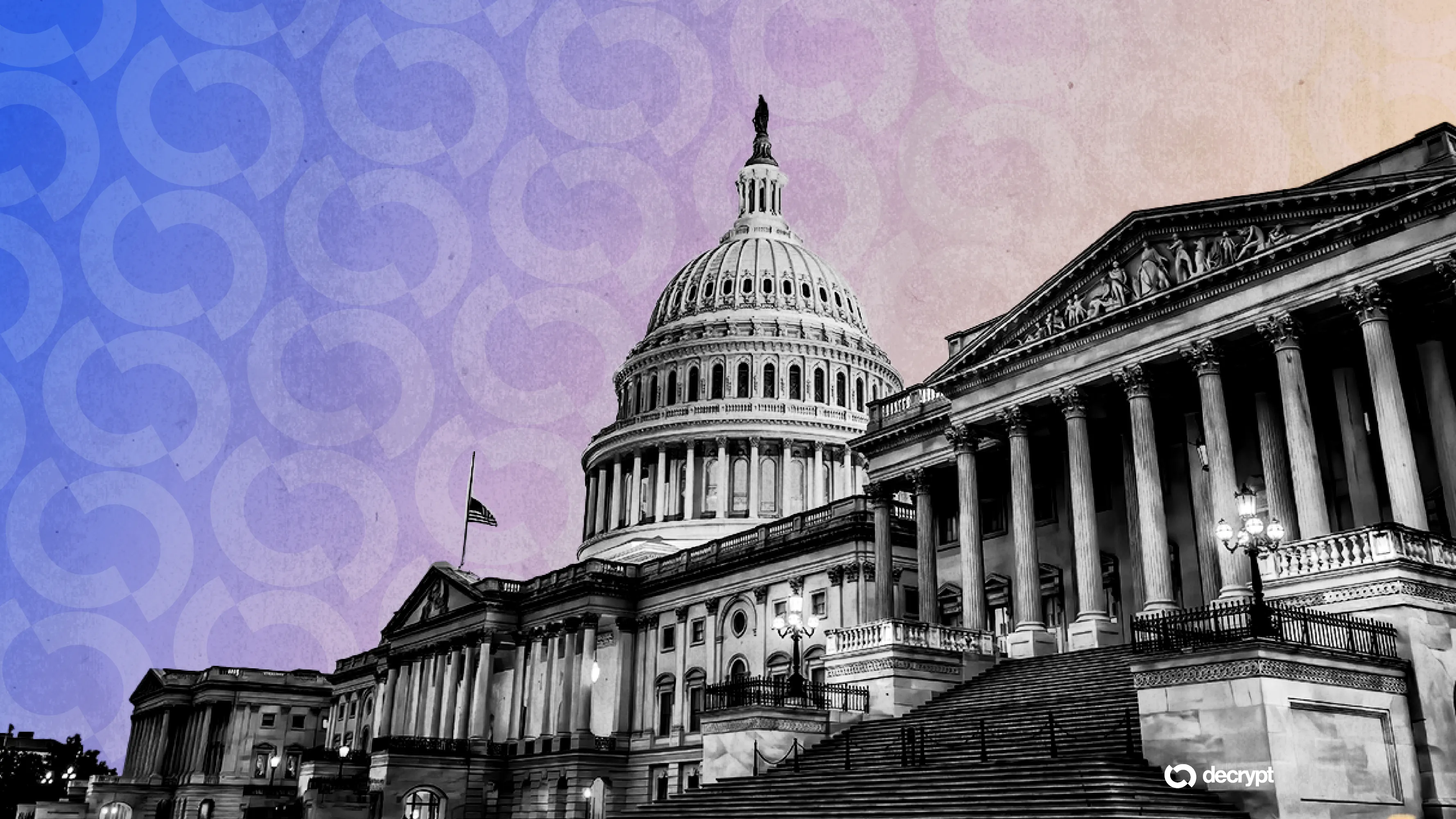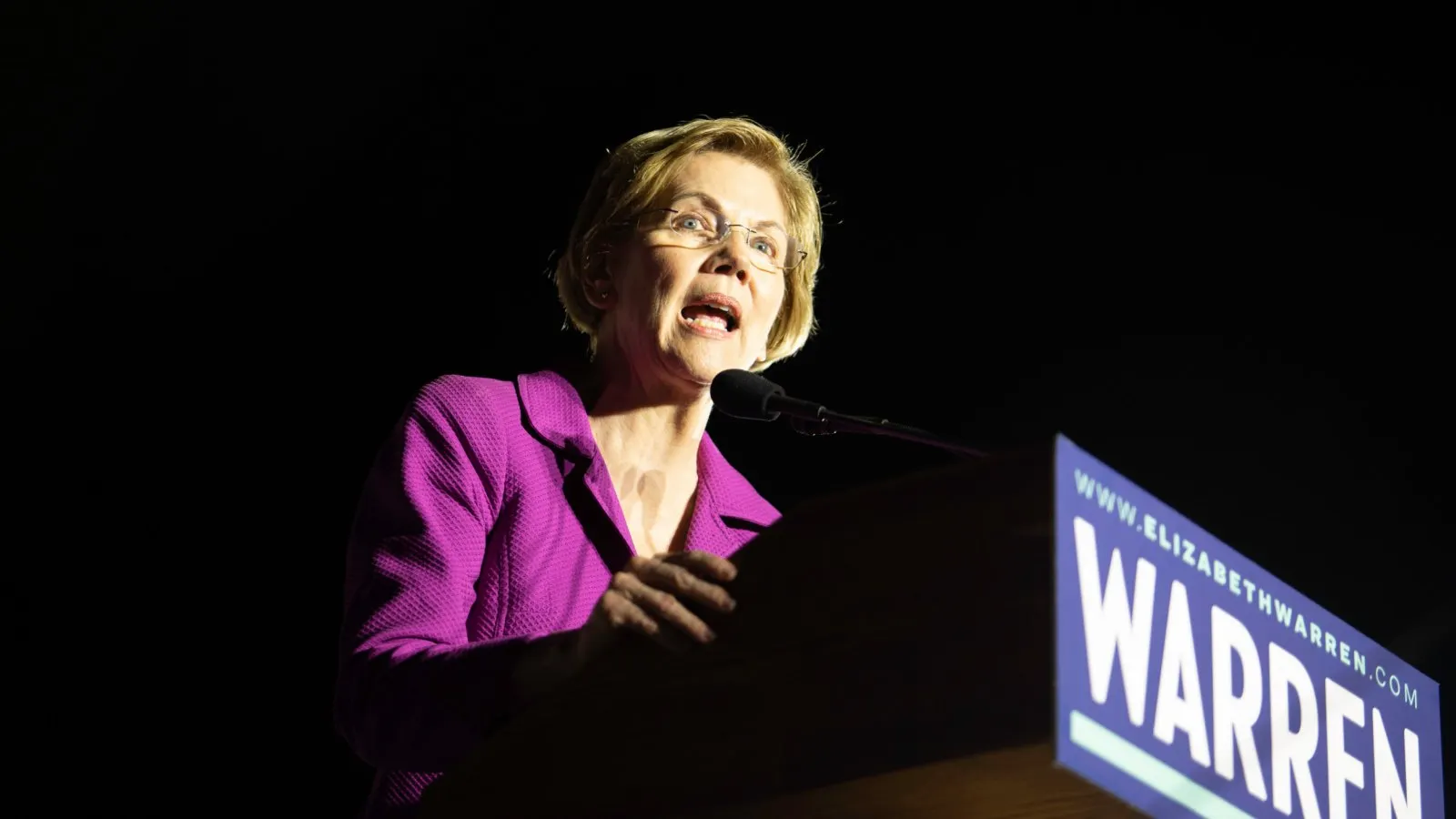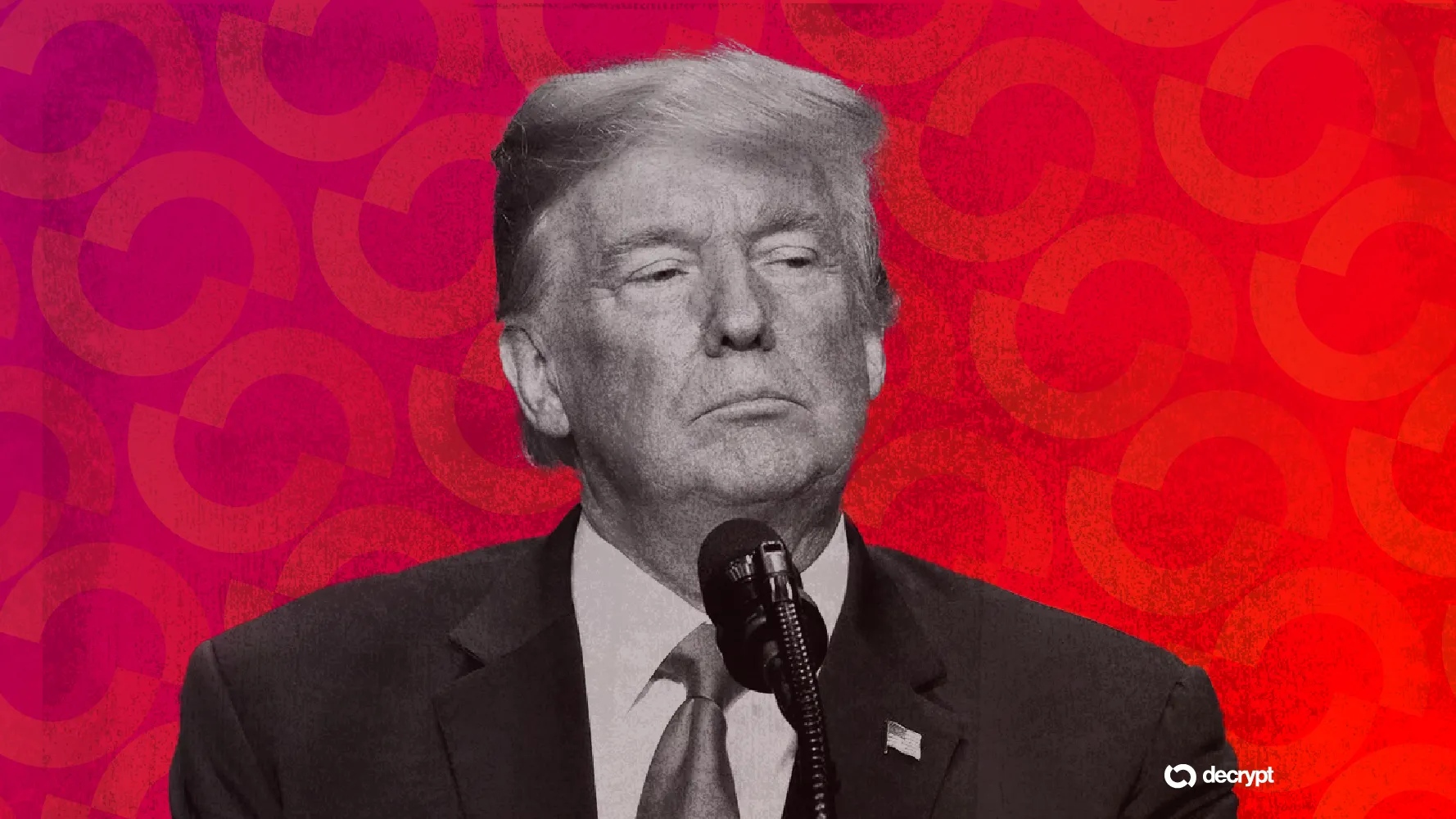In brief
- U.S. Senators Cynthia Lummis (R-WY) and Bernie Moreno (R-OH) urged the Treasury to exempt unrealized crypto gains from a Biden-era tax rule they say unfairly burdens U.S. companies.
- The 2022 Corporate Alternative Minimum Tax (CAMT), combined with new FASB accounting rules, could force firms to pay taxes on digital assets they haven’t sold.
- The letter follows a wave of pro-crypto actions under President Trump, including his April repeal of the IRS’s controversial DeFi broker rule.
Pro-crypto lawmakers have demanded immediate action to stop a Biden-era tax policy that is putting U.S. crypto firms at risk of paying millions in taxes on profits they haven’t even realized.
In a joint letter sent Tuesday to Treasury Secretary Scott Bessent, Senators Cynthia Lummis (R-WY) and Bernie Moreno (R-OH) called for a reexamination of how the 2022 Corporate Alternative Minimum Tax (CAMT) applies to digital asset holdings.
The two lawmakers warned that the recent convergence of tax law and updated accounting rules “undermines fairness, distorts markets, and penalizes U.S. companies for adopting innovative financial strategies.”
“Our edge in digital finance is at risk if U.S. companies are taxed more than foreign competitors,” Lummis tweeted while sharing the letter on X.

Is the Senate Stablecoin Bill Dead? Here's What's Going On
It was supposed to be a slam dunk. The American crypto industry, flush with more political capital than it has ever had (and perhaps will ever have), was to get its long-awaited “regulatory clarity” on stablecoins last week. And yet the Senate failed to pass a key procedural vote on the marquee stablecoin legislation. As the bill, dubbed the GENIUS Act, languishes in legislative purgatory, should it be considered functionally dead—or might there be hope yet for its passage? It depends who you a...
The CAMT, enacted under the Inflation Reduction Act, applies a 15% minimum tax on a company’s “adjusted financial statement income” (AFSI) for firms averaging $1 billion or more in annual earnings.
That income is based on financial statements prepared using Generally Accepted Accounting Principles (GAAP), rather than traditional tax rules.
The approach was intended to close loopholes exploited by highly profitable corporations that paid little or no federal tax.
But in December 2023, the Financial Accounting Standards Board (FASB) issued ASU 2023-08, a rule requiring companies to value digital assets using fair-value (mark-to-market) accounting.
This change, initially celebrated as a win for transparency and crypto adoption, now means unrealized crypto gains are counted toward taxable income under CAMT.
“Neither Congress nor FASB planned this outcome,” the senators wrote. “It’s the unintended result of basing tax liability on decisions by a private organization… not principles of taxation.”
The senators urged Treasury to exclude unrealized crypto gains from tax calculations, either across the board or specifically those triggered by the new accounting rule requiring companies to report the market value of digital assets they haven’t sold.

SEC’s Crypto Embrace Seems Like 'Government Picking Winners and Losers', Says Crenshaw
As the SEC barrels forward with its pro-crypto agenda under the second Donald Trump administration, the agency’s sole remaining Democratic commissioner has begun openly questioning whether the sector is now being actively promoted by the Commission to a disproportionate extent. During the regulator’s fourth crypto-focused roundtable since March, which today focused on moving traditional Wall Street securities onto blockchain networks, SEC Commissioner Caroline Crenshaw interrogated whether the p...
Forced liquidations
Lummis and Moreno warned that the current policy may force firms to liquidate crypto assets just to meet tax obligations. Foreign firms, which follow different accounting standards, are unaffected, raising concerns over a widening competitive gap.
“We respectfully urge Treasury to act swiftly,” the senators wrote. “Failure to provide this clarity… will disincentivize entities from maintaining large holdings of digital assets.”
The Senators have called on the Treasury to issue interim guidance before finalizing the rule, saying that prompt action would prevent a misguided tax policy from taking hold.
Lummis and Moreno said they were ready to work with Treasury officials directly on this issue.
The senators’ warning follows a series of decisive moves in Washington under President Donald Trump to unwind Biden-era crypto regulations and reposition the U.S. as a hub for digital asset innovation.
In March, the Senate passed a resolution to overturn the IRS’s “DeFi broker rule,” which would have forced decentralized finance protocols to report user activity like traditional financial intermediaries.
That rule, finalized during President Biden’s final weeks in office, was heavily criticized by industry groups for being unworkable and invasive.

Senator Warren Calls $2B Trump-UAE Deal 'Shady,' Urges Against Senate Crypto Legislation
U.S. Senator Elizabeth Warren (D-MA) has reissued warnings about President Donald Trump and his family's ties to the crypto industry, cautioning that a recent $2 billion deal backed by the United Arab Emirates could pave the way for “corruption” if the Senate passes new stablecoin legislation. “The Trump family stablecoin surged to 7th largest in the world because of a shady crypto deal with the United Arab Emirates—a foreign government that will give them a crazy amount of money,” Warren tweete...
In April, President Trump signed the resolution into law, marking the first crypto-related legislation enacted by any U.S. president.
Meanwhile, Senator Lummis has emerged as a key legislative figure in the crypto space.
She has backed crypto through earlier bipartisan efforts, including the 2022 Lummis-Gillibrand Responsible Financial Innovation Act, which proposed a full regulatory framework for digital assets.
Though that bill stalled, it laid the groundwork for much of today’s congressional momentum around crypto legislation.
In March, she reintroduced the BITCOIN Act, which would codify President Trump’s executive order establishing a national Bitcoin reserve and authorize the Treasury to purchase up to one million BTC over five years.
Edited by Sebastian Sinclair




